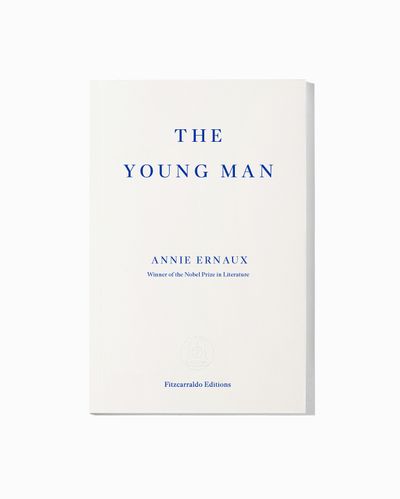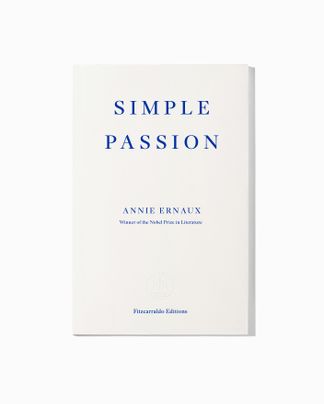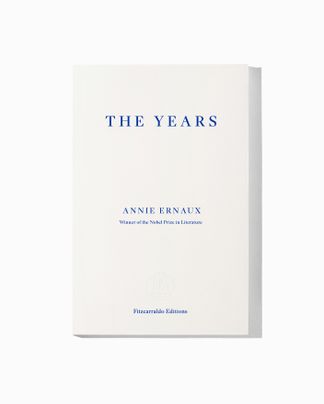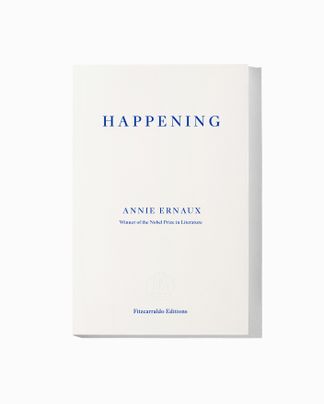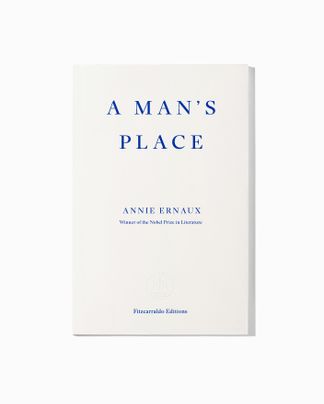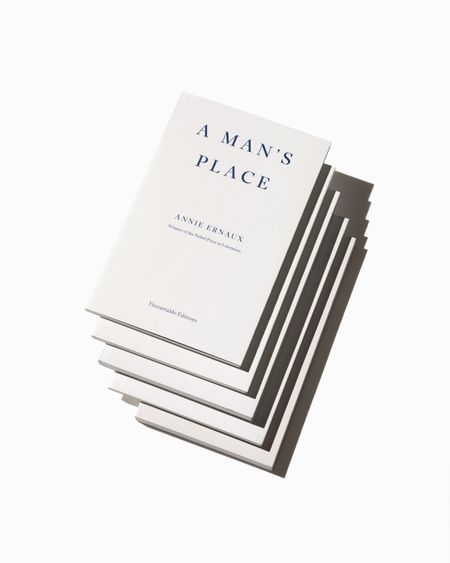Winner of the Nobel Prize in Literature 2022
In her latest work, Annie Ernaux recounts a relationship with a student thirty years her junior – an experience that transforms her, briefly, back into the ‘scandalous girl’ of her youth. When she is with him, she replays scenes she has already lived through, feeling both ageless and closer to death. Laid like a palimpsest on the present, the past’s immediacy pushes her to take a decisive step in her writing – producing, in turn, the need to expunge her lover. At once stark and tender, The Young Man is a taut encapsulation of Ernaux’s relationship to time, memory and writing.

